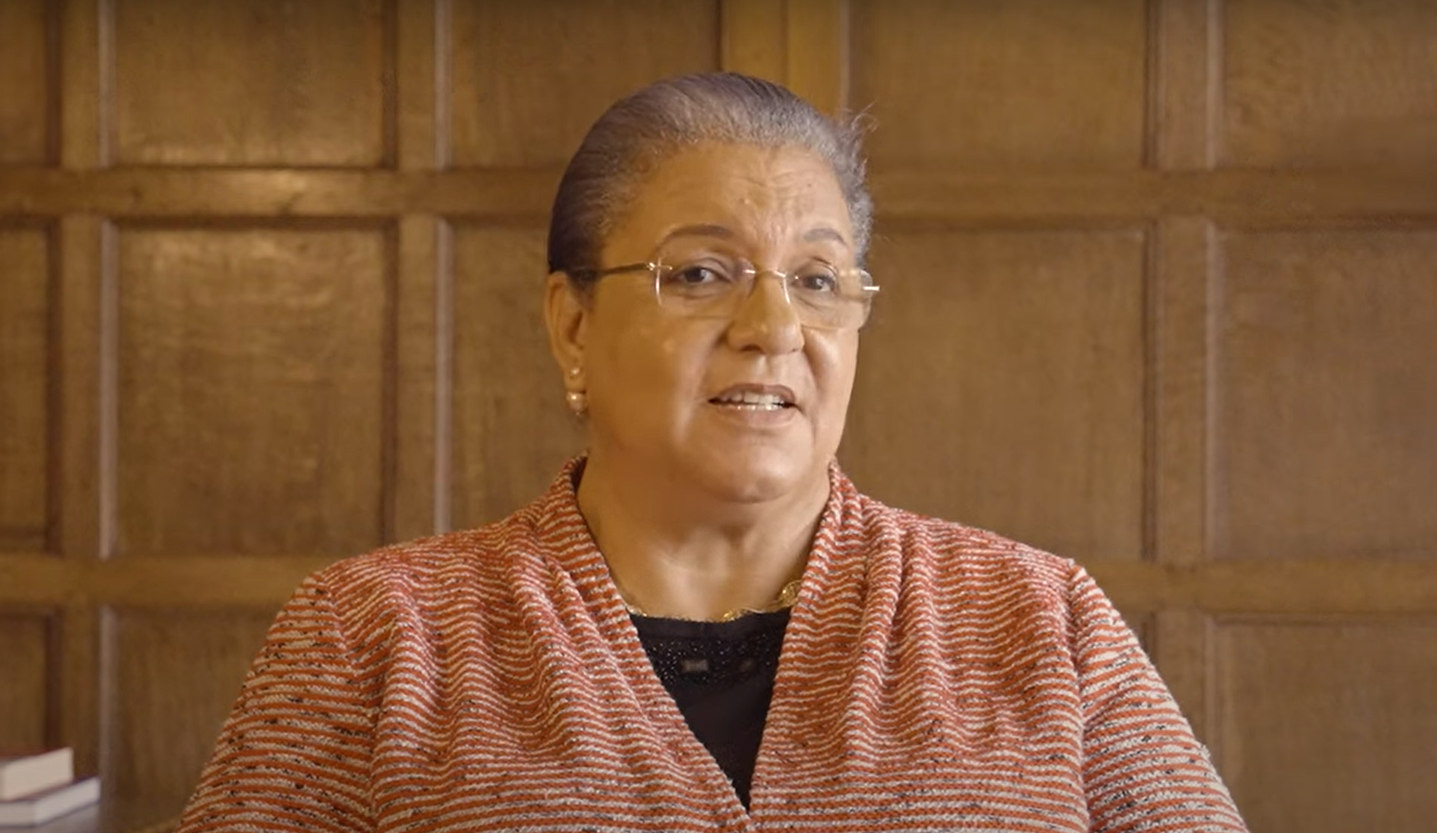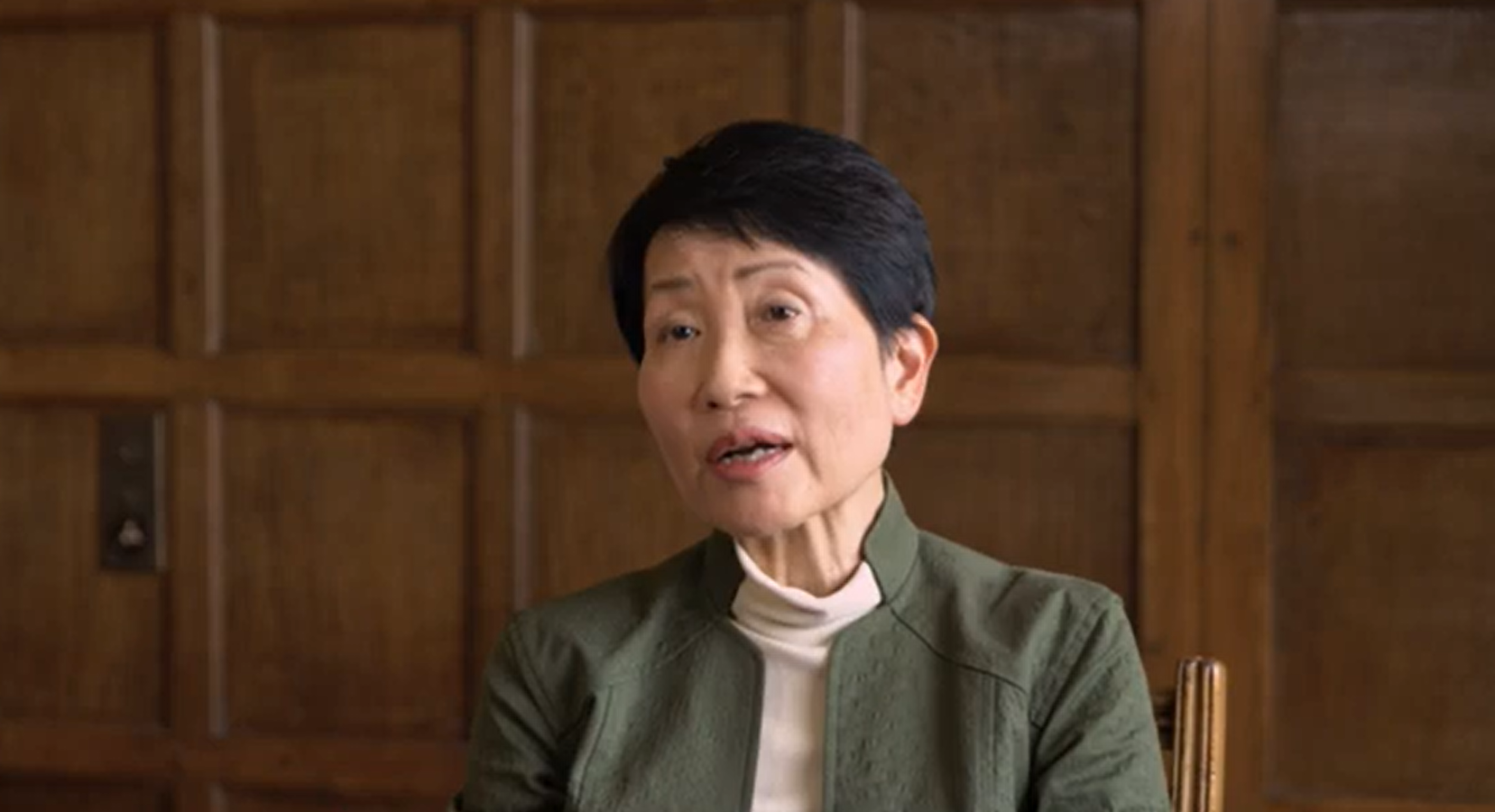In association with the European Commission
The conference moved the debate forward on Europe’s economic prospects and examined progress on implementing the Europe 2020 strategy for ‘smart, sustainable and inclusive growth’ in the context of political changes and the continuing impact of the financial crisis.
It looked at how to genuinely increase prospects for sustained economic growth, exploring options for “smart” policies to create more jobs and better lives with specific focus on employment, education, energy use and innovation. It addressed these in the context of targets set for employment; for research and innovation; for climate change and energy; for education and for combating poverty.
Conclusions taken from the conference report find:
- The top priority for the Irish Presidency of the Council of the European Union, which runs until July, is to strengthen the single market.
- Solving the euro crisis is key to preserving and developing the single market. The disintegration of the euro would have a very negative effect on innovation, investment and on the single market, leading to an increase in protectionism. The Irish presidency focuses on job creation and on increasing Europe’s competitiveness.
- Solving the banking crisis is a necessary pre-requisite for the success of policies to stimulate growth. Political factors will impact on this, in particular uncertainty over the outcome of the German election in September 2013 even though it is likely that Angela Merkel will be re-elected.
- A clear strategy, well communicated and coordinated, is needed. Innovation and expertise in the public sector must be fostered. Many public sectors in the EU need to be modernised and adopt a multi-disciplinary approach involving greater use of social partners and networks.
- The EU’s achievements to date, as an international actor and force for good, were recognized in the award of last year’s Nobel prize. But the present crisis has highlighted the need for a fresh narrative and pressing requirement for solutions to Europe’s economic problems which are prompting significant changes in attitudes to the EU and moves towards a redesigned model based on “variable geometry”- differing degrees of engagement by member countries.
- In Ireland, the crisis is not being wasted, as painful but necessary structural reforms are being carried out. The austerity programme amounts to 20% of the GDP, and thus is very serious – like re-wiring a house with the lights on. But after an earthquake, it is not possible to build on the same foundations. Competitiveness is now improving. Social partnerships have been very important, if cumbersome; public sector salaries were reduced by 20% but an agreement was also made with the unions that there would be no further salary cuts until 2014. However, taking a wider perspective, over recent decades the Irish GDP has increased significantly as compared to the EU average, which may explain the acceptance of austerity measures.
- The public needs to understand that the EU can be part of the solution. There is also a crisis of trust among politicians – this has to be overcome if politicians are to enhance growth. EU policy makers and civil servants, as public servants, need to regain the trust of the people they are meant to be serving if the principles of solidarity are to survive the current crisis.












